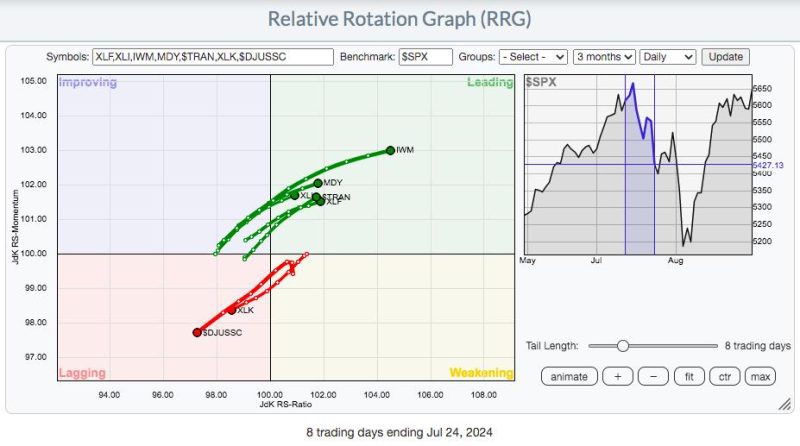Leadership is an integral component of any organization, providing direction, motivation, and inspiration to achieve goals and overcome challenges. In today’s fast-paced and dynamic world, recognizing and cultivating new leaders is essential for the continued success and growth of businesses and communities. Identifying individuals with leadership potential early on and fostering their development can lead to a robust and adaptive leadership pipeline that ensures continuity and innovation.
The first step in recognizing new leaders is to look beyond traditional hierarchies and titles. While seniority and experience are valuable, true leadership potential can often be found in unexpected places. By observing how individuals engage with their peers, tackle problems, and demonstrate initiative, organizations can identify those who exhibit the qualities of a leader, regardless of their current position.
Furthermore, providing opportunities for emerging leaders to take on additional responsibilities and challenges is crucial for their growth and development. Encouraging them to lead projects, engage in cross-functional collaborations, and participate in leadership development programs can help hone their skills and prepare them for leadership roles in the future. This hands-on experience not only benefits the individual but also strengthens the organization by fostering a culture of leadership and innovation.
In addition to formal leadership programs, mentorship and coaching play a significant role in nurturing new leaders. Pairing emerging leaders with experienced mentors who can provide guidance, support, and feedback can accelerate their learning and help them navigate the complexities of leadership. Through one-on-one interactions, mentorship relationships can help new leaders develop self-awareness, emotional intelligence, and effective communication skills that are essential for leading others.
Recognizing new leaders also requires a shift in mindset from a focus on individual achievements to team dynamics and collaboration. Effective leaders understand the importance of building strong relationships, fostering a sense of camaraderie, and empowering their team members to reach their full potential. By recognizing and rewarding collaboration, empathy, and inclusivity, organizations can create a culture that nurtures the growth of new leaders and encourages them to support and develop others in turn.
Ultimately, the ability to recognize and cultivate new leaders is not only a strategic advantage for organizations but also a testament to the commitment to developing talent and fostering a culture of leadership excellence. By investing in the development of emerging leaders, organizations can ensure a smooth transition of leadership, drive innovation and growth, and build a strong foundation for future success.
In conclusion, recognizing new leaders is a continuous and evolving process that requires a proactive approach, a focus on potential rather than position, and a commitment to nurturing talent through mentorship, coaching, and experiential learning. By fostering the growth of emerging leaders and creating a culture that values leadership at all levels, organizations can build a resilient and adaptive leadership pipeline that drives success and fosters innovation in a rapidly changing world.

